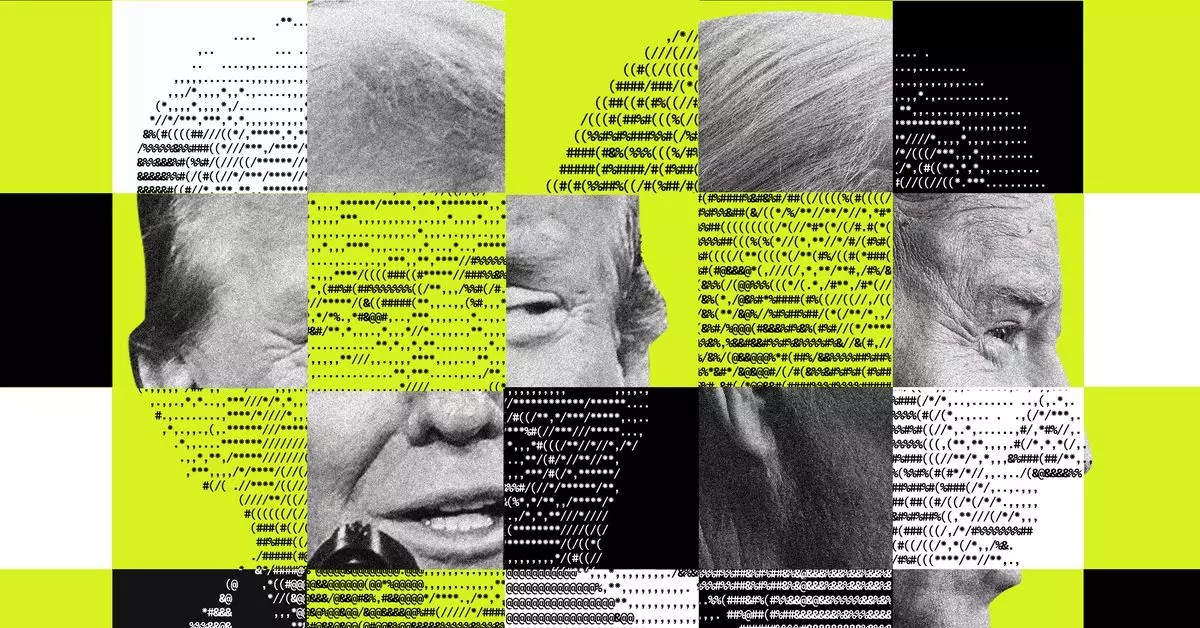Generative AI has been a hot topic lately, with its ability to create fake images, audio, and potentially video causing concern among experts. As we delve deeper into the implications of this technology, one of the most pressing issues is how it may impact the spread of misinformation during elections. With the upcoming presidential election in the US, the stakes are higher than ever, and the role of AI in perpetuating lies and manipulation cannot be ignored.
The landscape of misinformation in elections has evolved drastically over the years. From Russian disinformation campaigns on Facebook during the 2016 election to the Hunter Biden laptop story on Twitter during the 2020 campaign, we have seen how platforms can be manipulated to spread false information. The recent banning of Donald Trump after the January 6th attacks also highlights the gravity of the situation and the need for stricter moderation.
One of the most alarming aspects of generative AI is its ability to create fake content that is increasingly realistic. With tools like OpenAI’s Sora, even video content can be manipulated to deceive viewers. This poses a serious threat during elections, where the spread of misinformation can sway public opinion and undermine the democratic process. The ease and scalability of generative AI make it simple for malicious actors to create and disseminate false information quickly and efficiently.
As we navigate the complexities of combating misinformation in elections, we are faced with a number of challenges. The First Amendment complicates matters, as it protects free speech but also raises questions about the boundaries of acceptable discourse. The debate around platform moderation and content control adds another layer of complexity, as platforms like Twitter struggle to find a balance between freedom of speech and the prevention of harmful misinformation.
Despite the daunting challenges posed by generative AI and misinformation, there are efforts being made to address these issues. AI companies, social media platforms, and policymakers are working to develop strategies to combat the spread of false information. It is crucial for individuals to stay informed and vigilant, especially as the election cycle heats up. By remaining aware of the potential risks and taking steps to verify information before sharing it, we can all play a role in mitigating the impact of generative AI on elections.


Leave a Reply